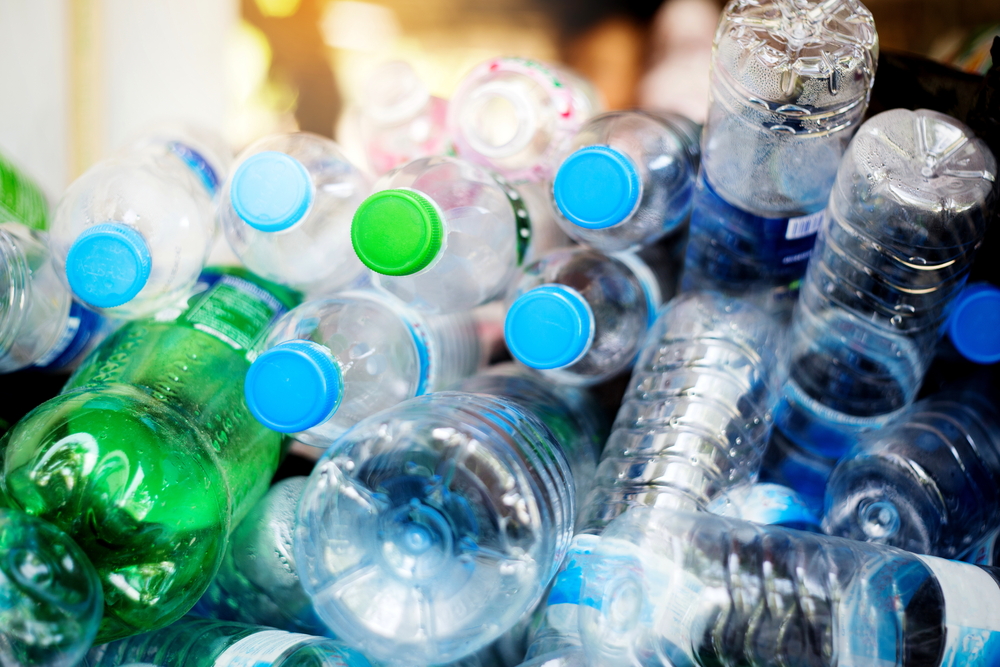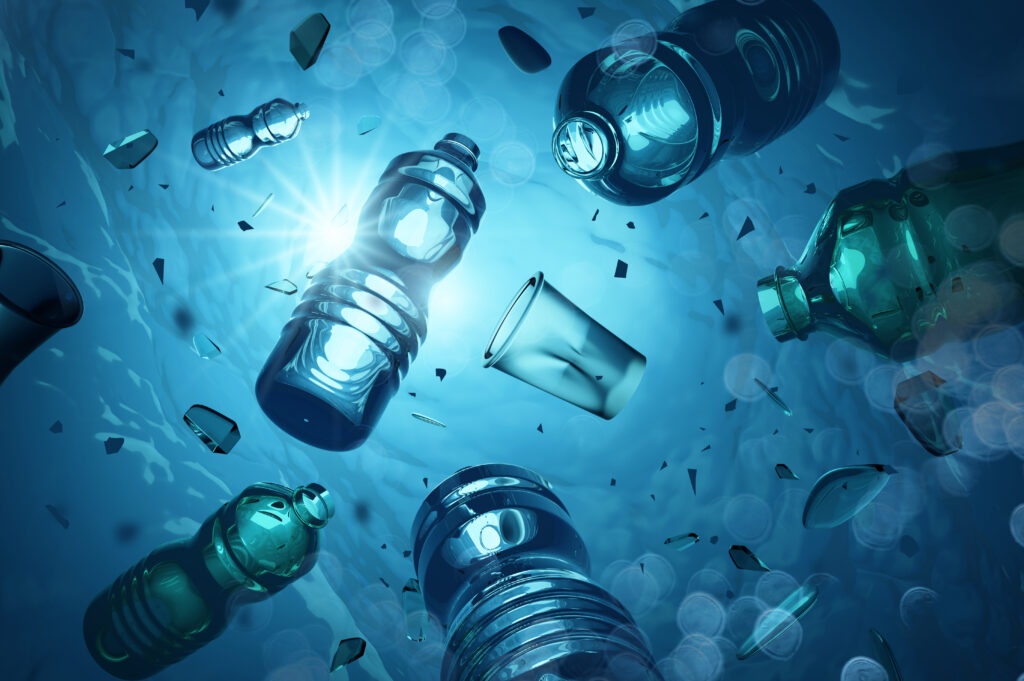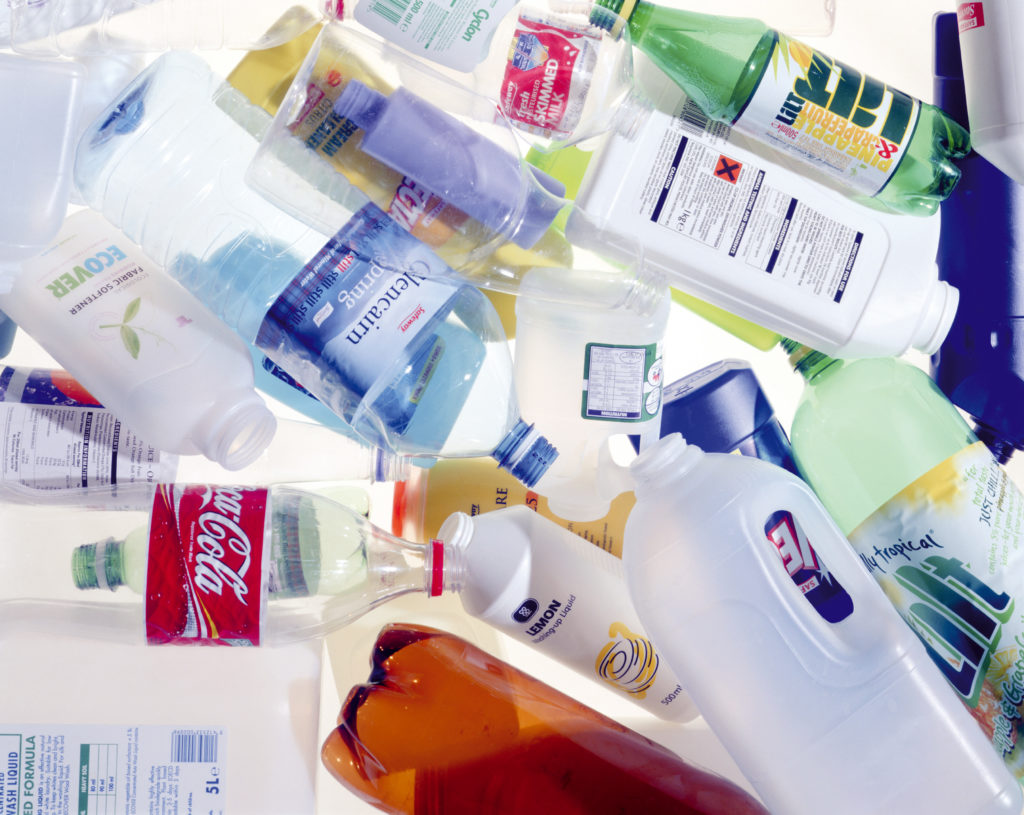The company commissioned new equipment at its Long Marston plant in Stratford-upon-Avon earlier this month, which it believes will allow it to “upgrade” about 7,000 tonnes of plastic a year from fridges and waste electronic and electrical equipment (WEEE).
Sims sees the development as important for the requirements of the WEEE Directive, which will bring in producer responsibility and recycling targets for waste electronics over the next two years.
The company said that 200,000 tonnes of plastics from waste electronics and fridges are going to landfill in the UK after equipment has been shredded and the metals taken away for recycling. This would need to be recycled under the demands of the WEEE Directive.
Sims' new recycling process uses a three-stage system to separate different polymers by taking advantage of their different densities. After granulating the WEEE and removing the metals, the mixed plastics are placed into three different chambers containing water of specific densities. In each chamber, certain plastics either float or sink in the water, and can then be separated before being tested for quality.
The system has been developed by Sims' research and development team headed up by Dr Richard Hooper, who explained: “In essence what we have achieved is the first steps in taking the sorting technology for polymers to the same level as the sorting technology for metals. We have developed a density separation process that produces higher quality products which have better value and can achieve more easily sustainable markets.”
ELVs
The equipment has the potential to process seven tonnes of material every hour, Sims said, which would account for all of the company's internal arising of plastic material from WEEE and fridges with some spare capacity. And, Dr Hooper said that Sims is now looking to expand its plastics upgrading process into difficult plastics like those found in car bumpers.
He said: “We are currently continuing research related to plastics recovery and upgrading in two areas. The first is looking at how better to recover plastic from shredder waste, so the current process can help us work towards the tough recycling and recovery targets for end of life vehicles.
“The second is looking at the next level of technology which will allow us to further refine the styrene stream, including the separation of flame retardant polymers,” he added.
As preparations gear up for the forthcoming WEEE recycling regulations in the UK, the new plastics recycling process should become an important part of the work carried out by the WEEE collection and recycling organisation Revive, which was formed recently (see letsrecycle.com story). Sims joined waste management firm Grundon, re-use specialist Remploy and logistics company Wincanton in the venture, which is already beginning to build relationships with WEEE producer compliance schemes.









Subscribe for free